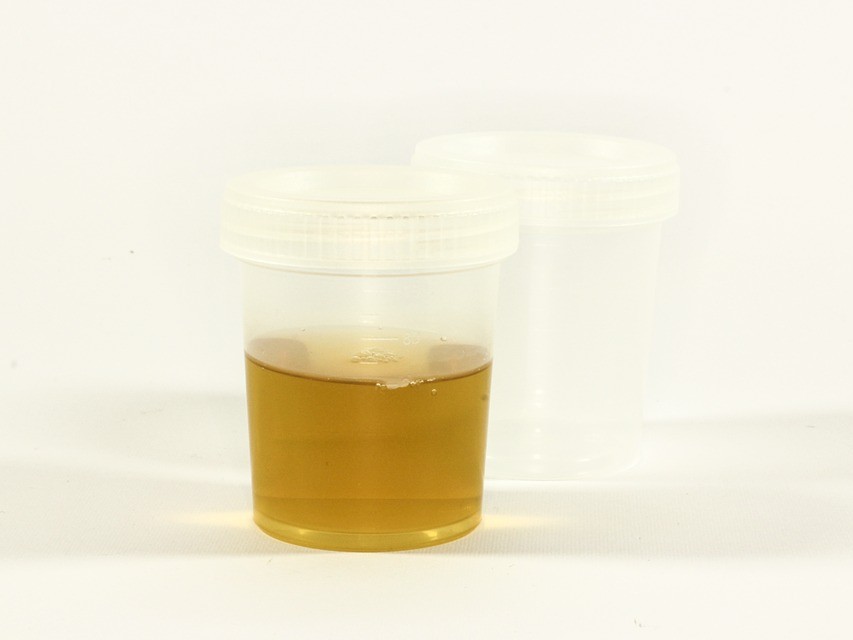Is Urine Sterile? And Other Questions About Using Pee in First Aid

Rarely does a wilderness medicine class go by without someone asking about using urine as a wound irrigating solution, to cool hot people, and for who knows what else.
Urine on a patient is not the standard of care. Medical professionals would not support this action. Many consider it ineffective, unprofessional and creepy.
Let’s assume people would actually urinate into another container first. Then ask:
Is urine sterile?
Regardless of whether it is or is not, any doctor or nurse worth their pay would consider a wound doused with urine to be a dirty wound.
They would never say, “Hey, no big deal if the patient got pee on their wound. Urine is sterile.”
Should you pee on a jellyfish or stingray sting?
This myth gained a boost in popularity after an episode of the television comedy Friends. The proposed value of urine is to prevent nematocysts (jellyfish) from discharging, but there is no evidence supporting this and in some cases urine can increase the nematocyst discharge rate.
Does urine help heal wounds?
No, urine does not help heal wounds.
Should you use urine to irrigate a wound?
NOLS suggests using a minimum of a half liter of liquid to irrigate a wound. That’s a lot of urine.
Plus, the urea in urine is an irritant. It may have worked to prevent wound infections during war and disaster by killing tissue on the wound edges (dark, thick urine was thought to be better than light urine). But why the urgency? Water works quite well to clean wounds. Why not wait for clean water?
Can urine be used to cool a hot person?
Urine is at least 98°F (37°C), often a few degrees warmer. Why would you put hot liquid on a heat stroke victim? (Here’s how you should actually treat a heat illness patient.)
What about urine to cure athlete’s foot?
It takes an anti-fungal to treat the fungal infection of athlete’s foot. Many myths are based on misused fact.
Here urea, present in urine and an inactive ingredient in some athlete’s foot treatments, is suggested to help the anti-fungal agent to penetrate deeper into the skin. It’s likely just an excuse to justify the bad habit of peeing in the shower.
How about consent?
You should be asking for consent before you perform any medical procedure, even first aid, on a patient. Imagine yourself asking “Hey, can I pour pee on you? It’s for your own good.”
As my colleague Ray Cramer said, “I hope this puts a stop to the stream of urine questions.”
Topics:

